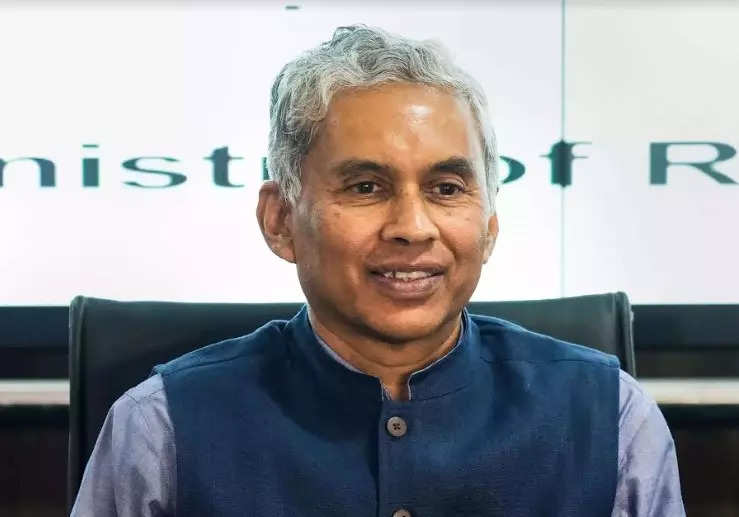
New Delhi: The Ministry of Road, Transport & Highways (MoRTH) will be achieving a highest-ever four lane and access-controlled high-speed highways, reaching an ambitious road construction target of 13,000 km by this fiscal end.
“In 2020-21, we have the highest-ever road construction of 13,327 km compared to 4,260 km in 2013-14. As of January this year, we have already completed 7,600 km of roads, and can reach a level of 12,800-13,000 km by March end,” Anurag Jain, Secretary, MoRTH, said on Friday.
The top official said that nearly 90% of the basic work has already been completed for the remaining part, and the ministry is optimistic to touch the target during the last two months.
The construction of four-lane roads up to January 2024, increased 2.5 fold reaching to 46,720 km compared to FY 2014, indicating a 16% year-on-year increase, according to the MoRTH statistics.
The Nitin Gadkari-headed department is laying more than 35 kilometres of roads every day.
Further, Jain said that the Centre has lately introduced a lot of review systems with project directors and state governments, and undertaking weekly monitoring to ensure construction work quality.
The government has identified as many as 9,000 black spots with work on more than 5,000 of them in full swing, with 100% completion expected by June this year, according to him.
“There are projects worth INR 7-8 lakh crore in the pipeline which are already approved, and it will have no impact of the upcoming general elections,” the top official said.
The 18th Lok Sabha elections are expected to be held in April-May this year with the Election Commission of India (ECI) likely to announce the schedule in March.
“Number of complaints has gone down drastically. We have worked out a plan where subcontractors will be responsible, and are bringing about 50,000 kilometres of roads under the purview,” Jain added.
Prime Minister Narendra Modi government is also buoyant about the Delhi-Mumbai Expressway, a 1,380-km controlled-access highway, according to the MoRTH official would not only reduce travel time to almost 32 hours from 72 presently, but can also save fuel for truckers by 40%.
The Centre is eyeing development of 50,000 km of access-controlled highways by 2037, a decade earlier than originally planned.

